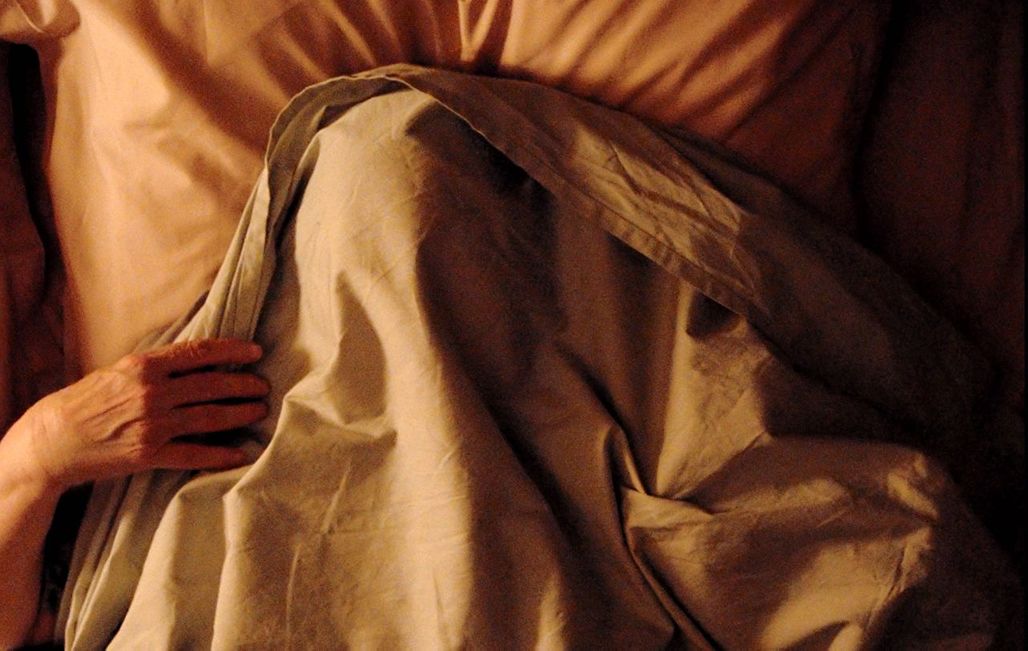
Vortex: an interview with Gaspar Noé

Gaspar Noé surprises us film after film, both in the renewal of his cinematic syntax and in the poignant subjects he proposes. Vortex is no exception. Peesented at Cannes Première, the story tells of the relationship between a couple at the end of their lives and their son, played by Dario Argento, Françoise Lebrun and Alex Lutz.
The form is reminiscent of Lux Aeterna, but the subject matter is totally different. Where did you get the idea?
This film is the most realistic I have ever made. There is less of an intention to make a narrative object to seduce an audience. In its content, it seems almost documentary. It is a very banal story about brain-related degeneration of thinking processes. After seeing similar situations with my grandmother, my mother and other people I have seen die, I thought it was a shame that we don't see more films that describe these very complicated survival mechanisms.
The end of life is treated in a very organic way.
Someone abandoned by their body, cancer or leukaemia for example, weakens but does not necessarily affect perception. The degeneration of neurons is much more violent in the sense that people can be thrown into states of terror that resemble much worse situations than in my film Climax. I showed young people being put on LSD in a glass, these are states of terror, but occasional. A state of terror linked to Alzheimer's can last for days, weeks, months, and there's no way out. I wanted to see a film about these situations that was not theatrical. It's more of an existential film about the emptiness of the human experience.
How did you convince Dario Argento to play with you? And the other actors?
When I started preparing Vortex, I thought about the people I most wanted to film, him for the role of the father and Françoise Lebrun, whom I idolise, for the role of the mother. I was lucky enough to get an agreement from Françoise before I spoke to Dario. He was supposed to make a film but because of Covid, the project was delayed. I presented him with the ten pages of the script, he wanted the character he plays to have a mistress. Anyway, we made the film together. Then I looked for a son and thought of Alex Lutz. Looking at them, you don't feel that they are improvising or that there is a text.
The two splitscreen frames answer each other, complete each other, reflect each other, and turn their backs on each other… It's a kind of third dimension in the language of film?
It's like a painter who sometimes uses fluorescent paint, sometimes black and white, and who mixes textures. I've made films in 3D, in sequence shots, you have to have fun with the language. I thought that the concept of splitscreen applied in an emotional and clear way because these are stories of shared and entangled solitudes. It's not like I'm forcing a story into a linguistic form that doesn't fit. I'm in the process of finalising the colour grading and I want the colours to look like everyday life, to be almost like watching a documentary.


